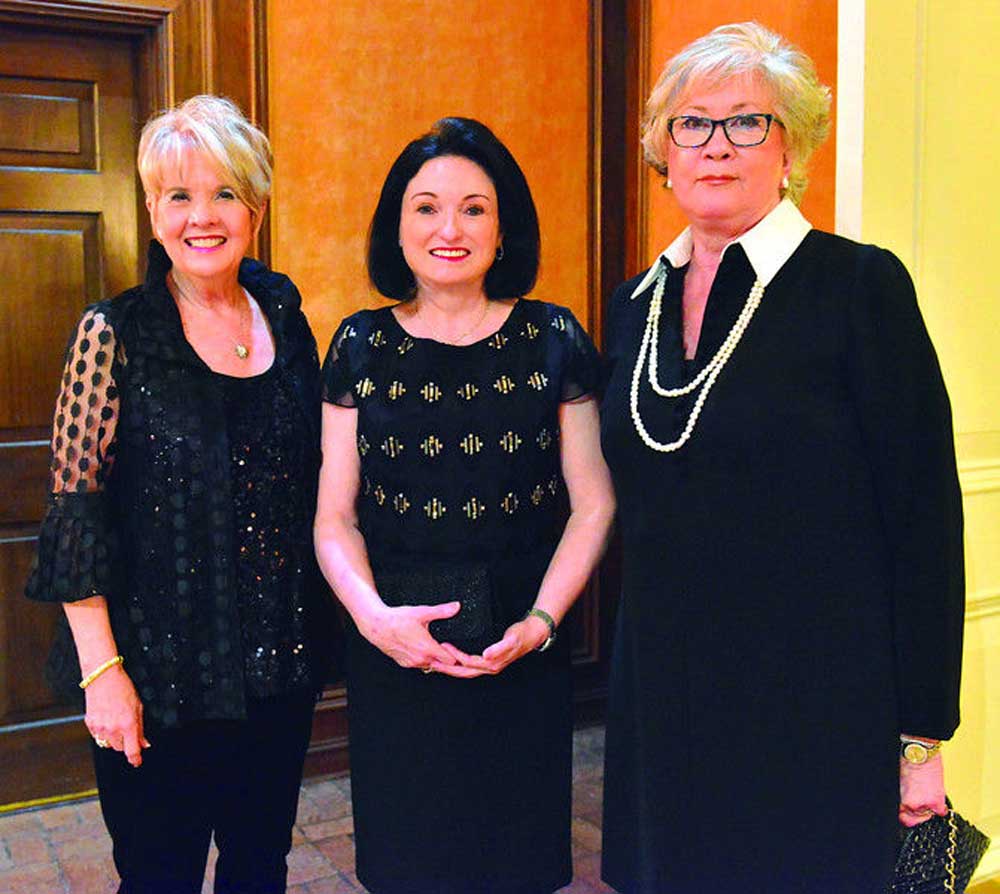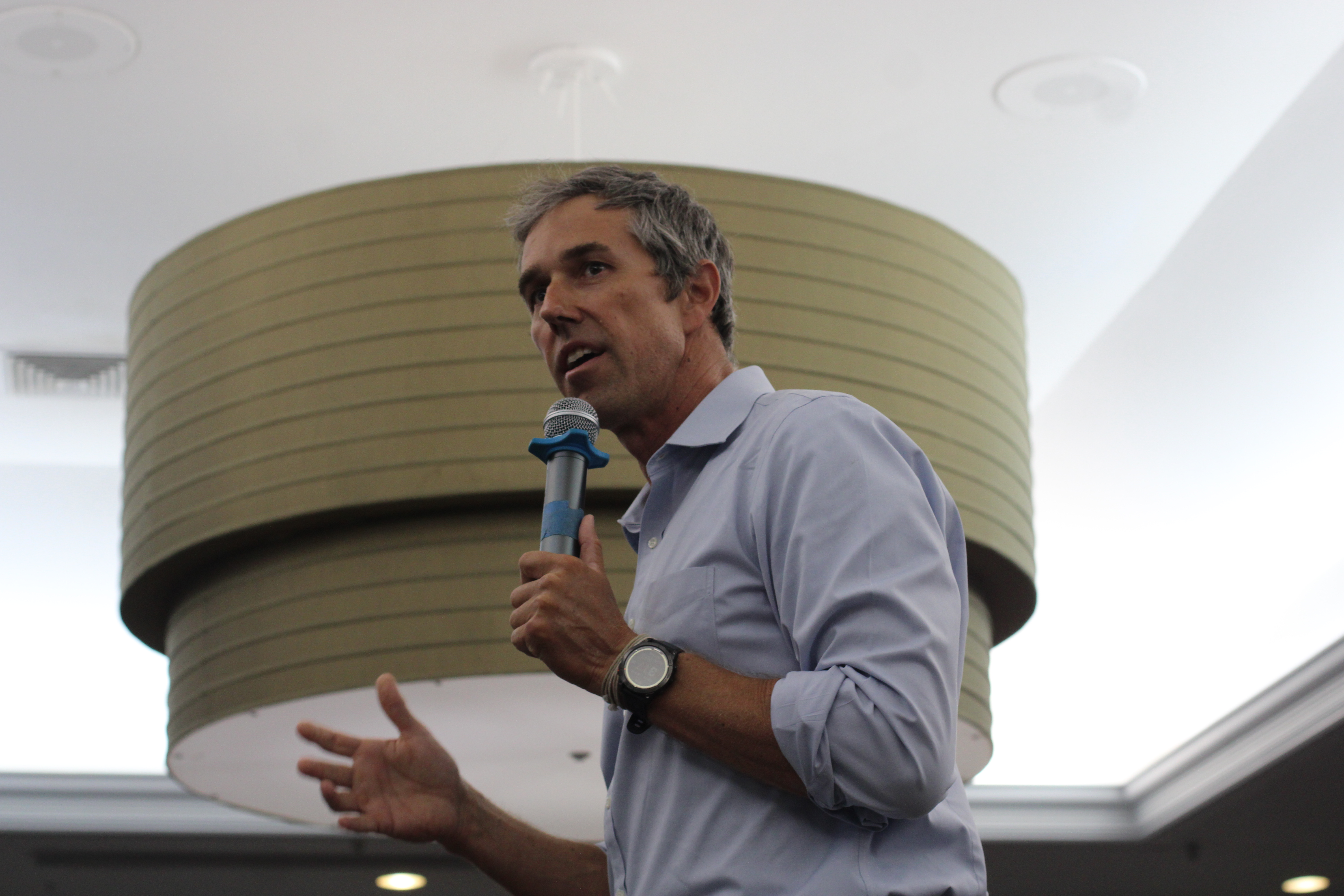Democracy dollars won’t save politics
Published 12:13 am Tuesday, November 10, 2015
There’s a new program in Seattle that offers voters $100 in “democracy vouchers” that they can spend for one purpose only, and that is to help finance candidates they support. It’s a complicated and risky version of public funding of campaigns.
And it’s a terrible idea.
“The way candidates’ campaigns are financed in Seattle dramatically changed Tuesday night,” the Seattle Times reported. “Initiative 122 took a 20 percentage-point lead in first-day returns, which makes Seattle the nation’s first jurisdiction to try taxpayer-funded ‘democracy vouchers.'”
Even the Times, which supported the measure, acknowledged the campaign was “steeped in irony.”
“Arguing that big money corrupts local politics, advocates for I-122 raised $1.384 million – nearly a record amount – and 30 times what their opponents mustered,” the Times reported. “Their ‘Honest Elections’ campaign collected 52 percent of its money from outside Seattle. The average contribution to ‘Honest Elections’ was $7,134 – compared with $166 in this year’s City Council clash between Kshama Sawant and Pamela Banks, the most expensive in city history.”
The program itself will cost an estimated $30 million over the next 10 year.
Still, Seattle voters approved the measure. Writing in the Washington Post, two Yale Law School professors declared that this is the way to “save democracy.”
“With the approval of Seattle’s Initiative 122, candidates will remain free to rely exclusively on old-fashioned campaign contributions to fund their campaigns,” wrote Bruce Ackerman and Ian Ayres. “But if they want to compete for the new democracy dollars, they must agree to an overall expenditure limit.”
The professors say democracy dollars are a cure-all for bad politics.
“The ‘Seattle idea’ can transform the very nature of the campaign,” they write. “Candidates would no longer spend most of their time auditioning before big-money audiences. Fundraising would become a community affair – a box lunch for 100 could gross 5,000 democracy dollars! These outreach efforts would provoke tens of millions of dinner-table conversations: Who should get our democracy dollars? Who is really concerned about America and its future?”
In fact, democracy dollars would “not only generate a renewed sense of citizenship, it would also reframe the central issues put before voters,” they claim.
But let’s examine the measure more closely.
First, the Achilles heel of all such measures (including public funding of presidential campaigns) is the spending limit.
No serious candidate will risk being outspent in an election, so it’s very likely that participation in the Seattle program will be disappointing.
Second, those democracy dollars are really just tax dollars dressed up in bunting. Tax dollars aren’t voluntary. So the program will literally force taxpayers to fund campaigns they disagree with. Taxpayers, and the courts, find this odious.
Finally, the underlying principle is simply wrong. Money in politics is a form of speech. It’s one way we Americans express our political views. So saying there’s too much money in politics is the same as saying there’s too much speech.
The real irony here is that when the program is challenged – as it inevitably will be – its supporters will begin its defense by asking for money.







